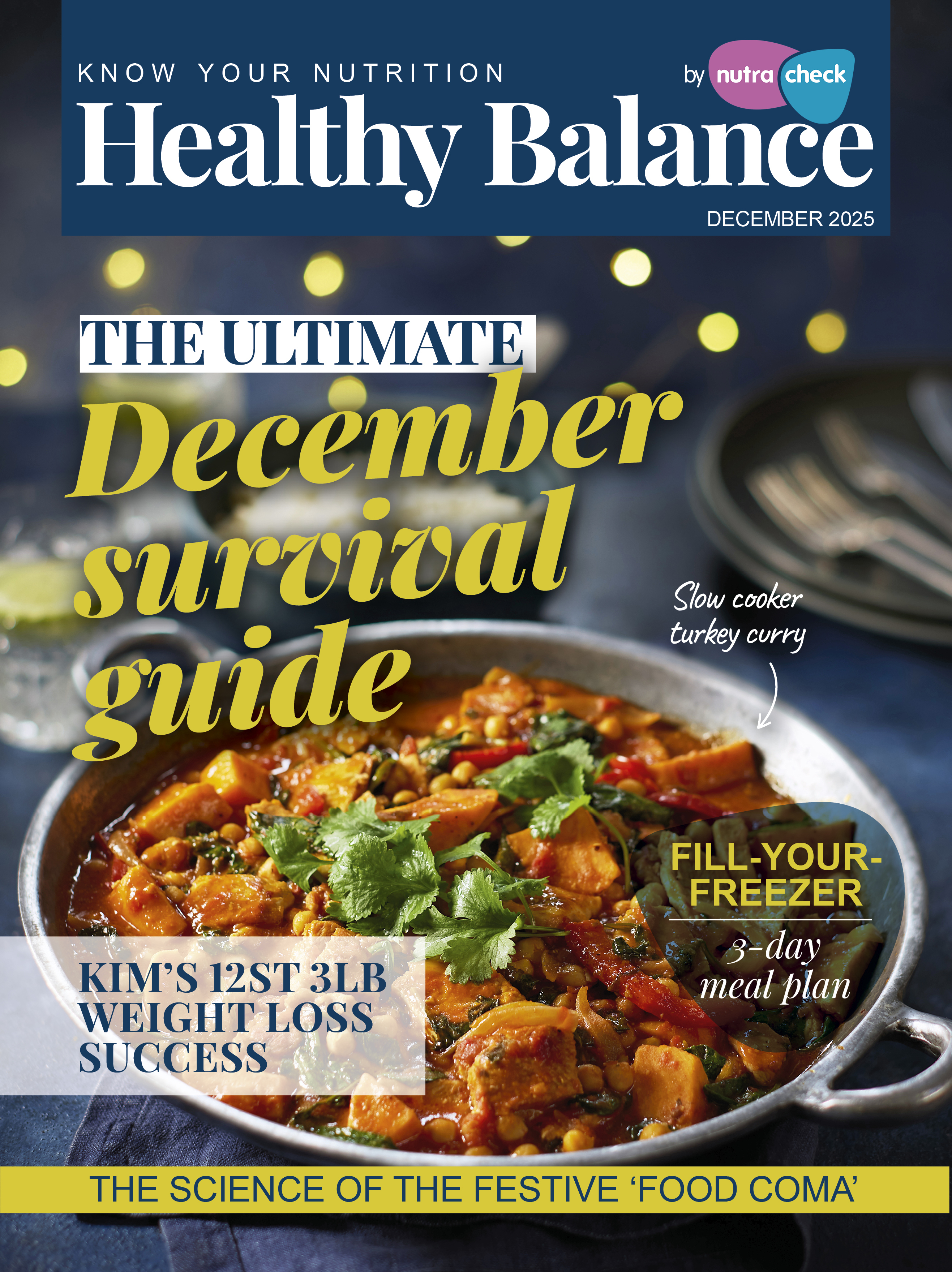Ultra-processed foods: are they all bad?
Emma White - Nutritionist | 10 Apr, 2024
Did you know 56% of calories consumed by adults and older children are from ultra-processed foods (UPFs) – but what exactly are they? And should we be worried about them? Let us fill you in on all there is to know about this food group.
The term 'ultra-processed' comes from the NOVA food classification system; guidelines which classify foods based on how they are processed and for what purpose – for example, to extend their shelf life or improve palatability.
The four classifications are:
1. Unprocessed or minimally processed foods
2. Processed culinary ingredients
3. Processed foods
4. Ultra-processed foods
The fourth category – the one we're focusing on in this blog – is defined as “formulations of several ingredients which, besides salt, sugar, oils, and fats, include food substances not used in culinary preparations.”
The classification goes on to explain that these ingredients - in particular flavours, colours, sweeteners and emulsifiers – are used to “imitate sensorial qualities of unprocessed or minimally processed foods and their culinary preparations or to disguise undesirable qualities of the final product”. It's safe to say, these descriptions don't sound the most natural: but are the foods themselves as bad as they seem?

Are all ultra-processed foods bad for us?
A study found that higher consumption of typical 'ultra-processed' foods (think ready meals, packaged snacks, fizzy drinks) is strongly associated with multiple indicators of obesity (Rauber et al., 2021). This is just one bit of research – among many – which talks about the negative effects these foods could have on our health if over-consumed.
There are various reasons why they can be damaging for our health:
- They typically contain high levels of saturated fat, salt and sugar
- They are often low in fibre, and can affect our gut functions
- Important point - by consuming lots of ultra-processed foods, we have less room for more nutritious 'whole' foods in our diets.
That said, some foods which fall into the UPF category may contain some beneficial nutrients – not all can be classified as the same in terms of health outcomes. One example is the nation's favourite baked beans, which provide fibre and plant protein. This is why there is still a big debate over whether we should be saying 'all UPFs are bad for us'.

How to move away from ultra-processed foods
Although the subject of UPFs and health is still being hotly debated, at Nutracheck we know that opting for whole, minimally processed foods more often is the way to go for our health and waistlines. Picking up on the point above, the more healthy, natural foods we pack into our diets, the less room there is for us for foods that are less nutritious. Take these steps to reduce UPFs in your diet:
Home cooking
By taking control over what goes into your meals, you can choose nutrient-rich ingredients. A large UK-based study found that more frequent home-cooked meals are linked with people having a greater chance of a healthy BMI and body fat percentage, as well as a higher intake of fruit and veg (Mills et al., 2017). It's a no-brainer!
Choose wholegrain
Swapping refined carbohydrates to wholegrain alternatives can keep you fuller for longer, curbing your cravings for processed snacks. Research also shows that wholegrains can help protect against diseases such as diabetes and heart disease.
Drink more water
Swap sugary drinks and fruit juice for good old water, and you’ll be cutting back on your ultra-processed daily intake hugely – as well as receiving the numerous benefits that upping your water intake can have, like maintaining healthy blood pressure and even supporting weight loss efforts.

Nutritionist Emma White (ANutr), MSc Human Nutrition is passionate about how food science applies to the human body, and how the nutrients in what we eat affect us and ultimately have an impact on our health.











